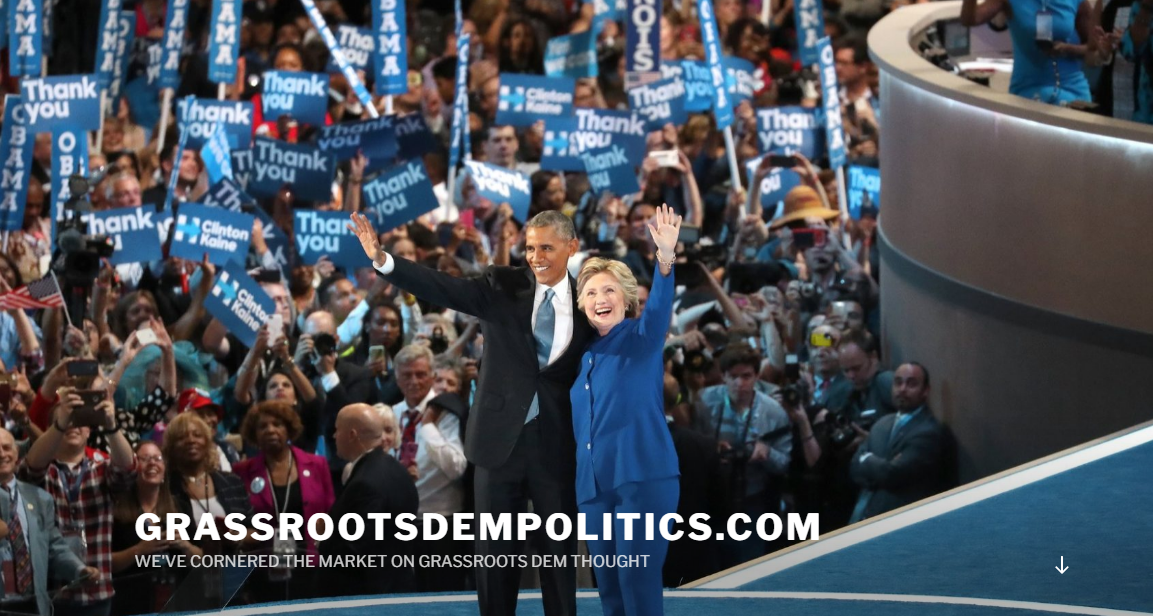Please consider $upporting GDPolitics by scanning the QR code below or clicking on this link

House Speaker Mike Johnson (R-LA) increasingly looks like a man who has surrendered not only the institutional muscle of the speakership but even the pretense of independence from the president of his own party. The speakership historically has been an office defined by its willingness to challenge the White House when necessary—Sam Rayburn, Tip O’Neill, Newt Gingrich, Nancy Pelosi, and even John Boehner all asserted the House’s prerogatives when they believed a president, Democrat or Republican, had crossed a line. The job demands that a Speaker defend the House as a coequal branch of government, not serve as an extension of the Oval Office. Johnson’s conduct has prompted growing skepticism that he understands, or even values, that obligation.
Lawrence O’Donnell seized on this erosion of authority during a blistering segment on The Last Word, calling Johnson “pathetic” for repeatedly lowering the speakership to the status of Trump’s legislative errand boy. O’Donnell’s critique did not rest on ideology but on the abandonment of basic separation-of-powers expectations—what he framed as Johnson’s refusal to act like the leader of an independent branch of government. When the Speaker of the House won’t defend the House’s own jurisdiction and moral authority, O’Donnell argued, the institution itself becomes weaker, and Johnson seems almost proud to preside over its diminishment.
The latest and clearest example came with Johnson’s handling of the Epstein files, a matter where moral clarity should have superseded political loyalty. Many House Republicans, echoing survivors and transparency advocates, pushed for the full release of the unredacted files. Yet, according to multiple reports, the Trump team made it clear that it did not want that transparency, and Johnson dutifully complied. Instead of defending the bipartisan House vote for disclosure, he attempted to pressure Senate Republicans into adding anti-transparency amendments—effectively rewriting a unanimously passed House measure to align with Trump’s wishes. This was precisely the moment when a strong Speaker would have demonstrated independence, asserting that the House’s overwhelming vote reflected a moral imperative that transcended the president’s concerns.
What happened next exposed the extent of Johnson’s weakness. Senate Republicans, including Senate Majority Leader John Thune, refused to go along. Thune brushed off Johnson’s push and let the bipartisan transparency bill stand as written. The moment was striking not only because Senate Republicans broke with Johnson, but because they did so with such ease. It showed how little weight Johnson’s requests carry even within his own party’s congressional leadership. It was the kind of public sidelining that previous Speakers would never have tolerated because they would never have allowed themselves to be put in that position to begin with.
Johnson, embarrassed by the rebuff, then claimed that Democrats—specifically Senate Minority Leader Chuck Schumer—had somehow duped Thune into ignoring Johnson’s demands. It was an explanation that strained credibility. The idea that seasoned Senate Republicans were outmaneuvered by Schumer into doing the morally obvious thing, rather than following Johnson down the rabbit hole of suppressing sensitive documents, only underscored how deeply unserious Johnson’s defense was. This evasiveness was precisely what triggered O’Donnell’s sharpest criticism: that a Speaker reduced to blaming phantom Democratic trickery to justify his own impotence has forfeited the dignity of his office.
Seen in this light, Johnson’s speakership increasingly appears not merely weak but historically weak—a surrender of institutional power at exactly the moment when Congress should be asserting its independence. The Founders designed the legislative branch to check the executive, not to take instructions from it; the Speaker of the House, more than any other congressional figure, embodies that constitutional balance. By repeatedly deferring to Trump, even on issues where morality, transparency, and bipartisan consensus align against him, Johnson is not just weakening himself. He is weakening the House of Representatives. And that is why the charge that he may be the weakest Speaker of all time can no longer be dismissed as hyperbole. It is becoming a plausible assessment of a man who seems unwilling to use the authority of an office that demands far more than passive obedience to presidential preference.
